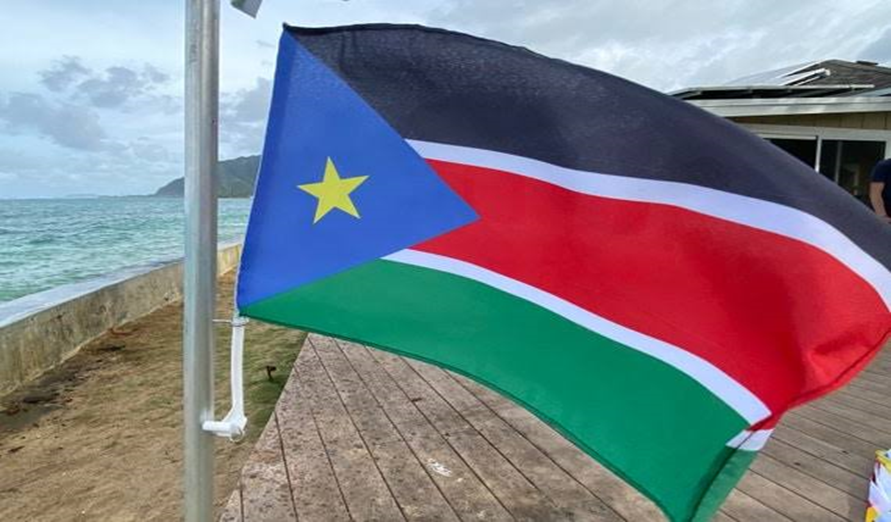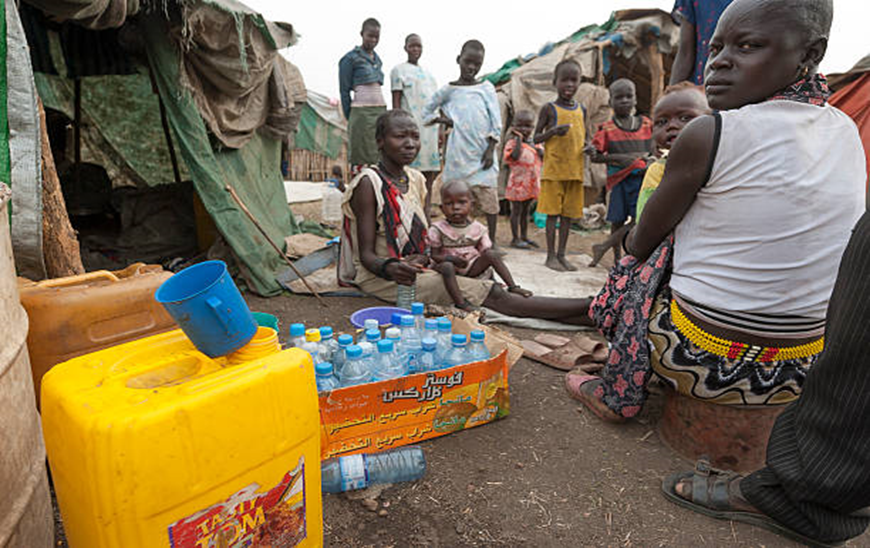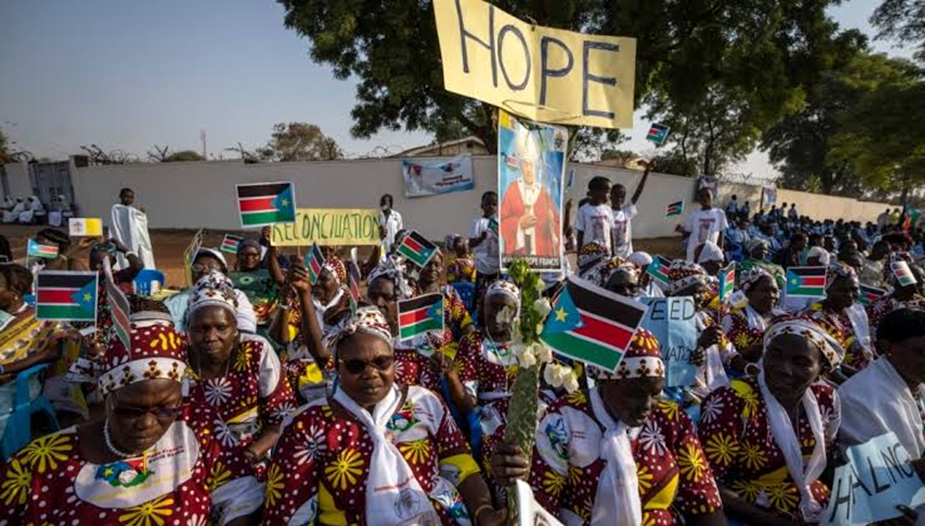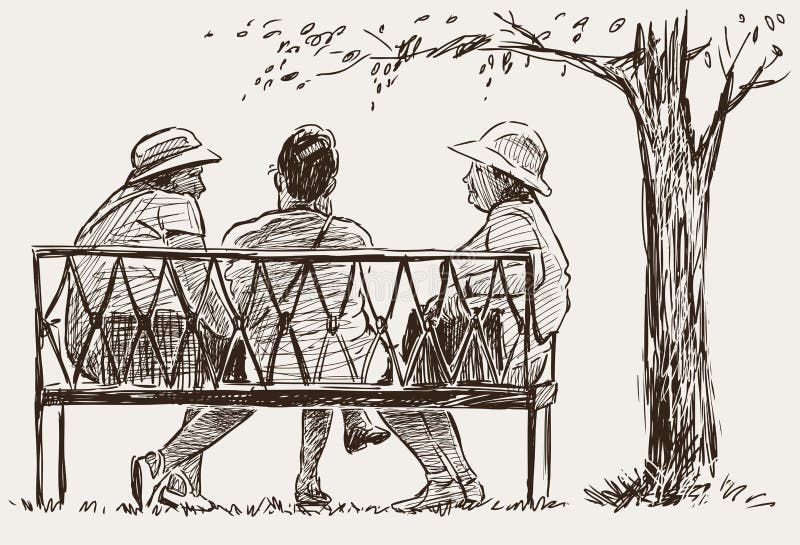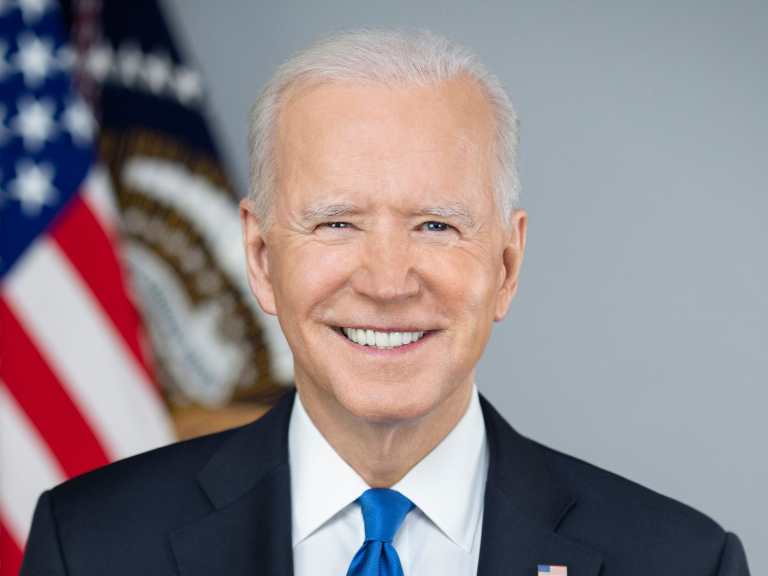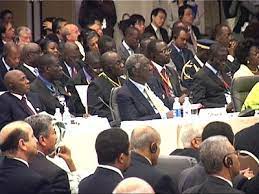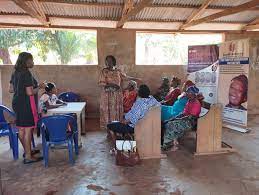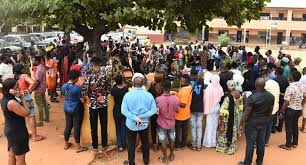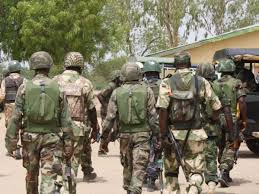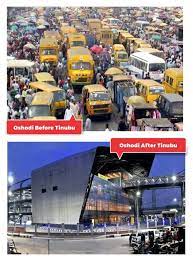By Bunmi Makinwa

Starting from President William Howard Taft in 1909, nearly all presidents of the USA to date have played golf. President Donald Trump is known as a good golfer but he stands out as the only one who cheated consistently and regularly. He once asked those who played in his team to make sure that they cheated because all other players would be cheating – a false affirmation, but it was his way of finding justification for his wrongful act.
The game of golf, unlike many other sports, does not have a referee or umpire who controls and scores players. It is largely self-monitored and depends essentially on self-scoring. During competitions, the players state their scores to their teammates who may confirm the scores and record them.
Golf is called a gentleman’s game, an honoured game and such-like terms of high moral standards. It does not mean that all golf players are of high moral standing. Some players cheat, and when they are caught, their scores may be cancelled, their awards, if any, are withdrawn and their membership of clubs or access to play at courses may be curtailed, among other sanctions.
Above all, those who cheat lose the respect of their colleagues. Fortunately, only a few true golf players cheat, and to be accused of cheating in golf is one of the worst labels that can permanently haunt a golfer.
There is a documented story of two world-class players who have never spoken to each other for more than 20 years because one accused the other of illegally moving a leaf away from his ball at a championship game. Both of them were so deeply offended – one for what he thought his colleague did, and the other for feeling that his colleague would wrongly accuse him of such an act. Just one leaf!
Trump is well known for his properties and politics. He is known as the first former USA president to have been indicted for criminality, and for having 91 felony charges against him in courts. He is also known as a passionate and frequent golfer, and owner of golf clubs. Though his cheating in golf is vastly published, the book, Commander In Cheat: How Golf Explains Trump by Rick Reilly, provides probably the most detailed information on the subject.
Reilly interviewed extensively players, caddies, staff, and those who have engaged with Trump on the game. The book is a wealth of information on Trump the child, his upbringing, love of golf and sports, manners, priorities and determination to win on anything at all and any costs.
The first day that Trump and Reilly met, Trump took Reilly around the clubhouse and introduced him to everyone. At each introduction, Trump gave Reilly whatever title that he thought would impress the audience. Confused and embarrassed, when they were alone Reilly asked Trump, “Why do you lie about me?” “Sounds better,” Trump responded.
It is just one of many self-serving ways that Trump sees life.

The author described a situation that may seem incredible to all except those who are familiar with Trump’s unique personality. “Trump happened to walk into the Bedminster clubhouse just as a worker was putting up the name of the newly crowned senior club championship winner on a wooden plaque. Trump had been out of town and hadn’t played in the tournament, but when he saw the player’s name, he stopped the employee. “Hey, I beat that guy all the time. Put my name up there instead.” The worker was flummoxed. “Sir?” “Yeah, yeah. I beat that guy constantly. I would’ve beaten him. Put my name up.” Of course, Trump’s name was put up and it stays there forever as the winner of a tournament that he never played.
Golf originated in Europe where it was played for a long time before it came to the USA late in the 18th century. Most presidents of the USA have liked the game as a means of distraction from the heavy burden of the office or as a social means of interaction with people.
Counting from Taft (1909-1913), the first golf enthusiast in the White House, to current President Joe Biden, 20 presidents have occupied the White House, and only three did not play golf, namely, Presidents Herbert Hoover, Harry Truman and Jimmy Carter.
Some of the golf-playing presidents were strong devotees of the game. President Woodrow Wilson (1913-1921) would not stop his game no matter what urgent state matters came up. During some of the most challenging times of his presidency, he would insist on finishing his putt before he attended to an emergency or important state policy. He played six times a week during the summer season.
President Dwight D. Eisenhower (1953-1961) would usually start his days with swings of his golf club and end the day by doing some practice shots often on the lawns of the White House. He once had a bandage around his fingers and when a visitor asked how bad the injury was, Eisenhower responded that it was so bad “that I cannot even play golf.”
President John F. Kennedy (1961-1963) was among the very best golfer presidents. Like many other politicians, he kept his golf secret from the public as the game was seen as a pastime of the affluent, aristocracy and oppressors of the poor.
Of the more recent US presidents, Bill Clinton (1993-2001) would often play more than the regular 18 holes on courses. Although left-handed, he played golf as a rightie. Though he did not rate as a top player, Clinton’s embrace of the game was so complete that he was quoted to have said, “The great thing about this game is that the bad days are wonderful.” He is also known to claim mulligans (free shots) for his bad shots, but he would not cheat.
President Barack Obama (2009-217), a leftie, is the quintessence of connectedness in golf. He does everything above board. “No cheating, no mulligans, no do-overs.” After his presidency, he was able to get his handicap down to 11. “Off the tee, he’s very straight,” Tiger Woods says, “but not long. His chipping is salty, but he’s a disaster in the bunkers.”
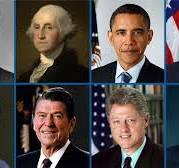
Let us get back to Trump in Reilly’s book. From various sources, Trump’s handicap is placed at about 10. Tiger Woods says that Trump “hits the ball very far for a 70-year-old man”. The tee shot is the best part of his game. His approach shots are “OK” and his chipping is “poor”. He prefers not to chip. His putting is “OK” and he putts, “even out of bunkers”.
The author writes: “So the caddy and the pros who make a living in the game estimate his (Trump) handicap to be somewhere between a 7 and a 10. The only problem with all that is Trump insists his handicap is a 2.8. In the world of golf handicaps, that difference is huge. If Trump is a 2.8, Queen Elizabeth is a pole vaulter. No possible way. It would take a 9 handicap five good years of hard practice to get to a 2.8 and Donald Trump doesn’t practice.”
Trump does insist on his truths and cares less about reality.
In the book, a political friend of Trump who played with him recounted an incident, “I remember on one par 3, he hit his first shot way out of bounds. Teed up another and I think that one was lost, too. The third one landed about 12 feet from the hole. He made that putt. I’m pretty sure he gave himself a 2 on that hole. Look, I take mulligans, too. I’m not judging…” For those who may not know how golf scores are counted, Trump just improved his score on the hole by 4, which is massive cheating.
A top manager at one of Trump’s golf courses played a first round of golf with Trump and was asked whether Trump improved his lie (places his ball in a better place which is against the rules unless specifically allowed), “Every shot but the tee shot,” the manager responded, and threw his head back in laughter.
“At Winged Foot where Trump is a member, the caddies got so used to seeing him kick his ball back onto the fairway (which is against the rules and amounts to cheating) they came up with a nickname for him: “Pele”.”
“I played with him once,” says Bryan Marsal, longtime Winged Foot member and chair of the coming 2020 Men’s U.S. Open (at the time). “It was a Saturday morning game. We go the first tee and he couldn’t have been nicer. But then he said, ‘ You see those two guys? They cheat. See me? I cheat. And I expect you to cheat because we’re going to beat those two guys today.’…”
One more story. Trump, during his presidency, invited Tiger Woods, Dustin Johnson who was the number 1 player in the world at the time, and Brad Faxon, a media analyst on golf, for a game. They set up a bet, based on the usual rules – the three would play scratch whilst Trump was given an 8-point advantage.
On a certain hole. Trump missed his two shots and they went into the water. Trump dropped a third ball where he should have dropped had he stayed on his first shot , and ended up on the green ready to putt for seven but claimed that it was four. “How great is that?” Faxon recalled. “… It was really fun to play with him. He rakes (picks up) every putt (as if it’s conceded), but you kind of want him to. You’ve heard so much about it, it’s almost like you want to witness it so you can tell the stories.”

It appears obvious that Trump pays his caddy very well or they share the same rules of ethics. No matter where Trump’s real shots land, whether in the water or the bush, or another fairway, the ball is always at the right fairway and Trump and his caddy are always the first to get there and identify the ball. It goes against the rules of the sport.
There are several explanations or attempts to explain why Trump cheats. Says Harvard psychiatrist Dr. Lance Dodes, co-author of The Dangerous Case of Donald Trump, “He exaggerates his golf scores and his handicap for the same reason he exaggerates everything. He has to. He exhibits all the traits of a narcissistic personality disorder… People with his disorder have no conscience about it.”
Some media experts say that Trump has succeeded in business by making grandiose claims about his wealth and assets and he got away with them repeatedly that it became natural. Colleagues who have worked with him say that he is “unhinged” meaning that he brags and overwhelms people by talking big and non-stop, and name-calling. Communication analysts put him in the league of propagandists like Hitler who keep saying untruths until people begin to doubt what is true and ultimately may believe the lies.
Whichever way one looks at it, Trump’s cheating in golf adds yet another indelible negative stain, and it makes him a deeply flawed human being.
Bunmi Makinwa is the CEO of AUNIQUEI Communication for Leadership.





